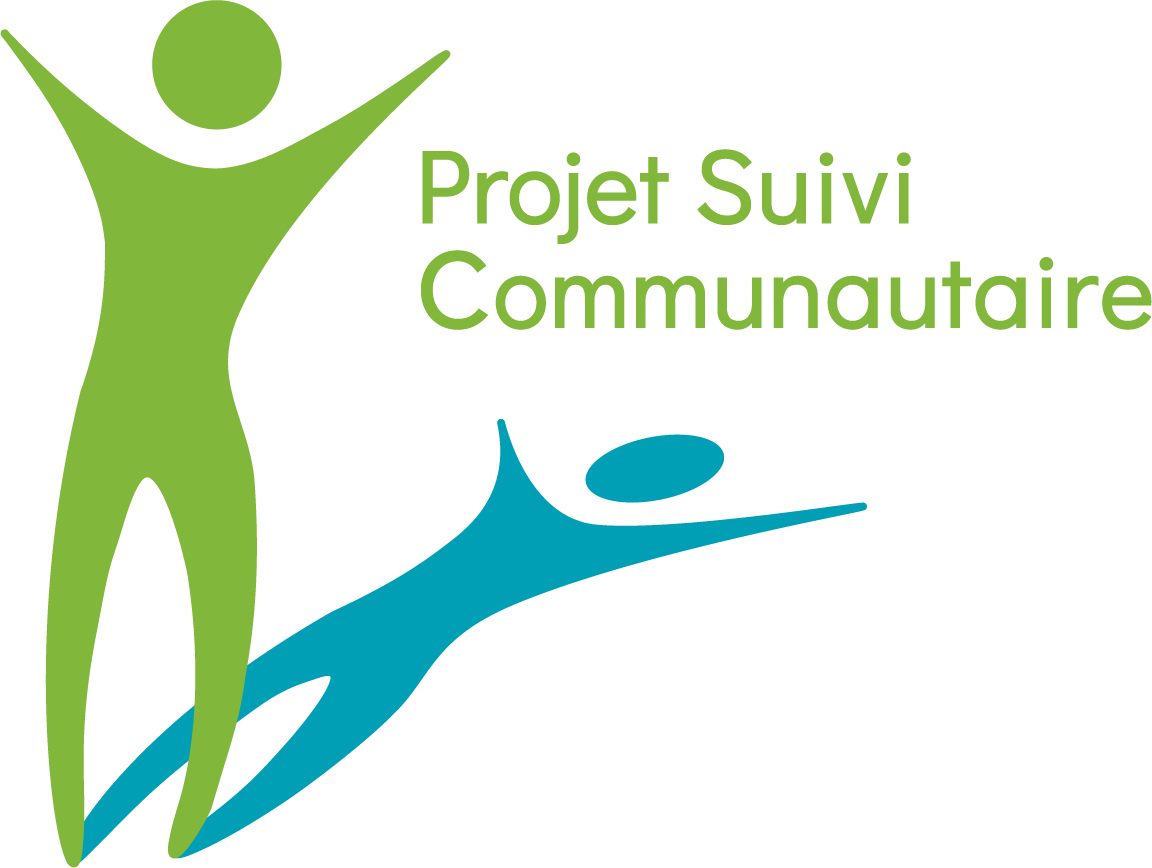
Housing integration
Mandate
Offers alternative community follow-up to adults with mental health challenges who wish to develop their abilities to live autonomously and integrate themselves into the community.
Approach or Intervention Philosophy
Our approach is based on offering services to those seeking support and are willing to work in collaboration with a community worker. Our organization strongly believes in building trust with the person by respecting their own rhythm and needs throughout the process. Moreover, we offer support that takes into account the individual as a whole and work with them to achieve their personal goals and gain autonomy in their life.
Service
This service is intended for people:
18 years of age or older living with non-transient mental health challenges with or without a diagnosis;
Wishing to receive a follow-up;
Residing in the region of Ville-Marie, Côte-des-Neiges, Notre-Dame-de-Grâce, South-West of Montreal (Griffintown, St-Henri, Petite-Bourgogne, Pointe-St-Charles, Ville-Émard, Côte-St-Paul), Verdun, LaSalle or Lachine.
We offer individual follow-up services:
Medium to long-term follow-up according to a joint assessment between the person and their worker;
Focused on the person’s needs;
Taking place in the person's living environment (at home or in another place chosen by the person);
Focused on increasing the person’s autonomy and improving his/her quality of life.
The process is generally divided into three sections:
1) Preparatory phase:
Developing a relationship based on trust;
Exploration of possible options (networking, work and / or volunteering, types of housing);
Assessment of prior learning;
Development of the skills that the person wishes to work on (budgeting, shopping for groceries, lifestyle);
Preparing the person for potential changes regarding their current living situation;
Managing mental health symptoms or related needs (getting treatment, recognition of signs of crisis, knowledge of services and resources in the community).
2) Transitional phase:
Preparing for upcoming changes;
Search for a new living environment (independent or supervised apartment);
Move into new living environment;
Management of emotions associated with change;
Assist the person in the organization of changes associated with the move (update address, change pharmacy, etc.).
3) Post-move phase:
Consolidation and transfer of acquired knowledge;
Management of daily life;
Possibility of transfer to the community support team after an assessment of the situation or develop networking skills within the new community environment.
Exclusion Criteria
An intellectual disability or neurological disease having a major impact on the ability to learn, development of autonomy or the ability to relate to a worker;
If an alcohol, drug or other type of addiction is the predominant challenge affecting the individual;
Untreated major physical problems or limitations that can compromise the follow-up.
Access Mechanisms
The person must be referred by a worker. It is possible to send the referral form by fax or by mail. Once the referral is received, the team carries out an assessment and determines the possibilities for follow-up.
Contact person
Sarah Ouellet, Community worker 514 366-0891 #232
